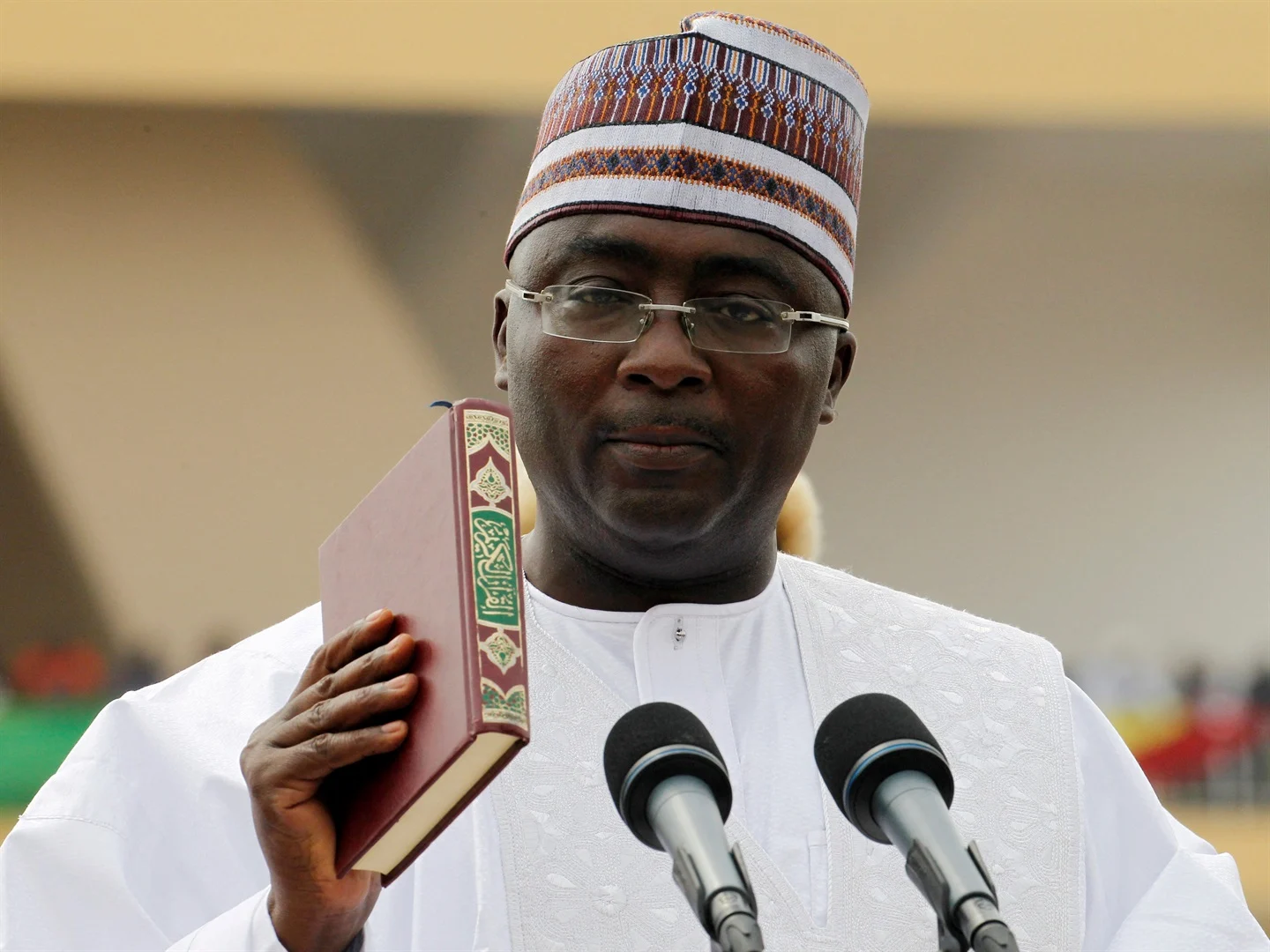Ghana’s government is planning to go back to a barter system of trade.
In order to protect the country’s fast-dwindling foreign currency reserves, Ghana wants to pay for oil with gold instead of shelling out precious US dollars, Mahamudu Bawumia, the country’s vice president said on Thursday.
Ghana’s gross international reserves have fallen by about one-third — from $9.7 billion at the end of 2021 to around $6.6 billion at the end of September 2022, according to official data.
The reserves will cover just 2.9 months of the country’s goods and services imports — short of the government’s target of covering three-and-a-half-months worth of imports for 2022, according to a copy of the country’s budget speech delivered by finance minister Ken Ofori-Atta on Thursday.
The Ghanaian government is looking to implement the “new policy regime” of using gold to buy oil products in the first quarter of 2023, in order to counter inflation due to the depreciation of the cedi, Ghana’s currency. The cedi has fallen against the US dollars because there is strong demand for the greenback from oil importers, Bawumia explained in a Facebook post on Thursday.
By not using the US dollar in the country’s oil trade, the move is expected to reduce the “persistent depreciation” of the cedi, because sellers of fuel in the country will no longer have to take the dollar-cedi exchange rate into account when pricing their products, he added.
Ghana’s gold-for-oil policy is unusual because it itself is an oil producing country. However, it still has to import refined oil products such as petrol and diesel, because Ghana’s only oil refinery has been offline following an explosion in 2017, per Reuters.
It’s even more unusual, as barter deals typically involve an oil-producing country trading for non-oil goods.
But Ghana — which also produces gold — is mired in a debt crisis and is negotiating a relief package with the International Monetary Fund.
Finance minister Ofori-Atta said in his Thursday speech the country is “in high risk of debt distress” as the cedi’s depreciation was “seriously affecting” its ability to manage its public debt. The cedi has lost more than half its value against the US dollar so far this year.

